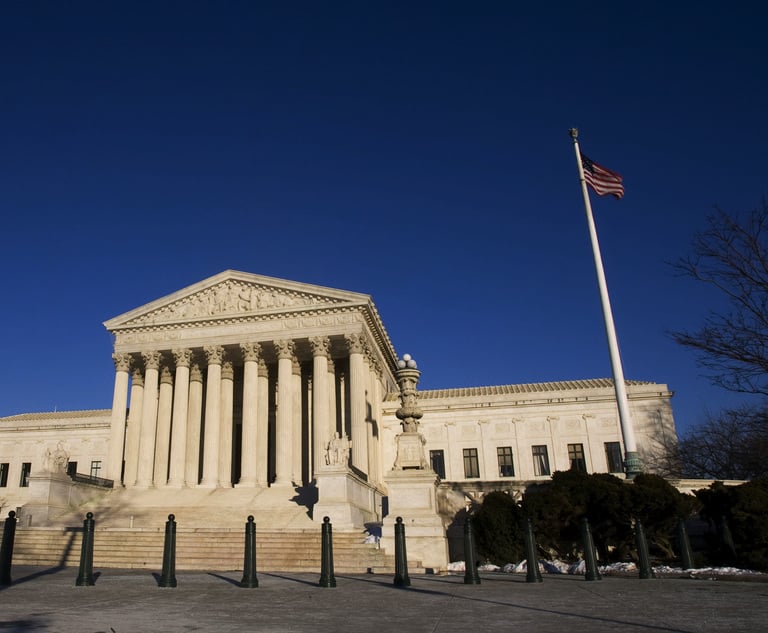Appellate courts are routinely tasked with adjudicating a wide range of questions that arise out of decisions from lower courts. In some of these decisions, the issue is a question of fact. Did the lower court properly analyze the evidence that was before the court and reach the appropriate conclusion?
Appellate courts have traditionally been very protective of lower court judges–who sat through the trial or hearing, had the opportunity to weigh the credibility and demeanor of the witnesses and had the best opportunity to weigh the veracity and import of the facts in the record. Accordingly, appellate courts review these questions based on “clear error,” i.e., did the lower court reach an incorrect factual conclusion or give inappropriate weight to a given body of evidence?







